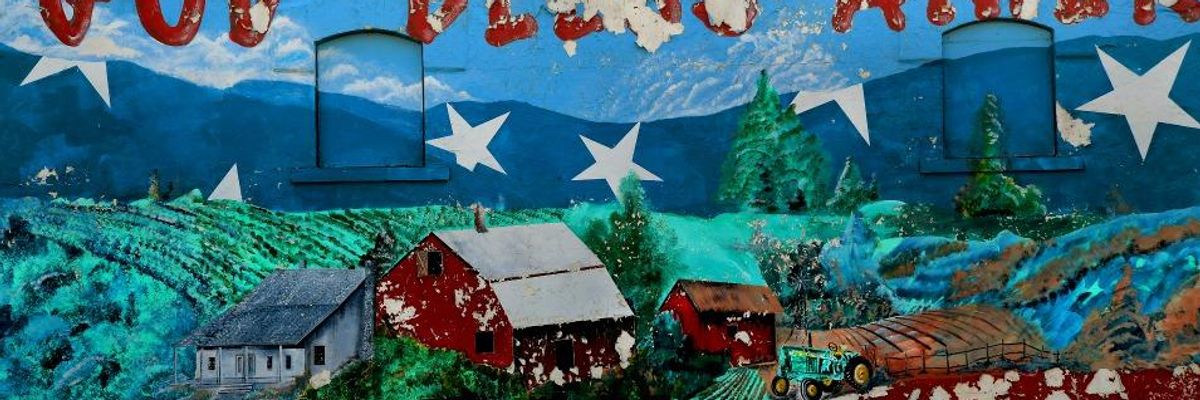A new global survey finds that expats living in the U.S. aren't able to enjoy life in the world's wealthiest country because of many of the same factors that cause anxiety among Americans: high healthcare and child care costs and a general lack of social welfare programs.
The annual Expat Insider Survey, released Thursday by the expat community network InterNations, finds that the U.S. is only the 47th best country to live in out of 64 countries. The country's ranking is unchanged since the group's last survey in 2018.
The survey asked more than 20,000 expats in 187 countries to rank their experiences in their adopted or temporary homes based on several factors, including quality of life, family life and the ability to raise children, personal finances, and medical care.
Out of the 187 countries where InterNations conducted the poll, 64 had large enough sample sizes to be included in the survey's official rankings.
Compared to the highest-ranking countries, including Taiwan, Vietnam, and Portugal, the U.S. was found to be less safe, less affordable, and less politically stable.
Many expats in the U.S. described a living experience marked by financial precariousness, fears for safety, and the knowledge that the U.S. government would do little to support them in the event of an emergency.
While 57 percent of expats in the U.S. ranked the quality of healthcare positively, 71 percent said it was not affordable for them and their families. The survey labeled the United States "the most expensive country for expat health."
Like many Americans--40 percent of whom don't have sufficient funds to cover a $400 emergency, according to the Federal Reserve--expats fear that unexpected events could leave them in dire straits.
"I fear something major could happen, like a hospital stay, and I would need a loan to pay the bill," one Australian respondent told InterNations.
Compared with 23 percent of global expats surveyed by the group, 29 percent of those in the U.S. said they struggle with daily living expenses--even if they earn more in the U.S. than they would in their home countries.
"About one in three working expats think their current income is a lot higher in the U.S. than it would be in a similar position back home," InterNations reports. "Nonetheless, covering daily expenses with their disposable household income is an issue for almost three in ten expats."
Nearly 75 percent of U.S. expats also said childcare in the U.S. is an untenable expense, compared to the global average of just 40 percent.
Despite the United States' recognition across the globe as a strong, stable democracy, less than 50 percent rated the country's political stability highly, and only 69 percent said they feel safe in the U.S., compared with 81 percent globally.
One American expat reported that their decision to move to Norway gave them a feeling of security that had been lacking in the United States.
"My kids can grow up in a safe environment," the respondent said.
